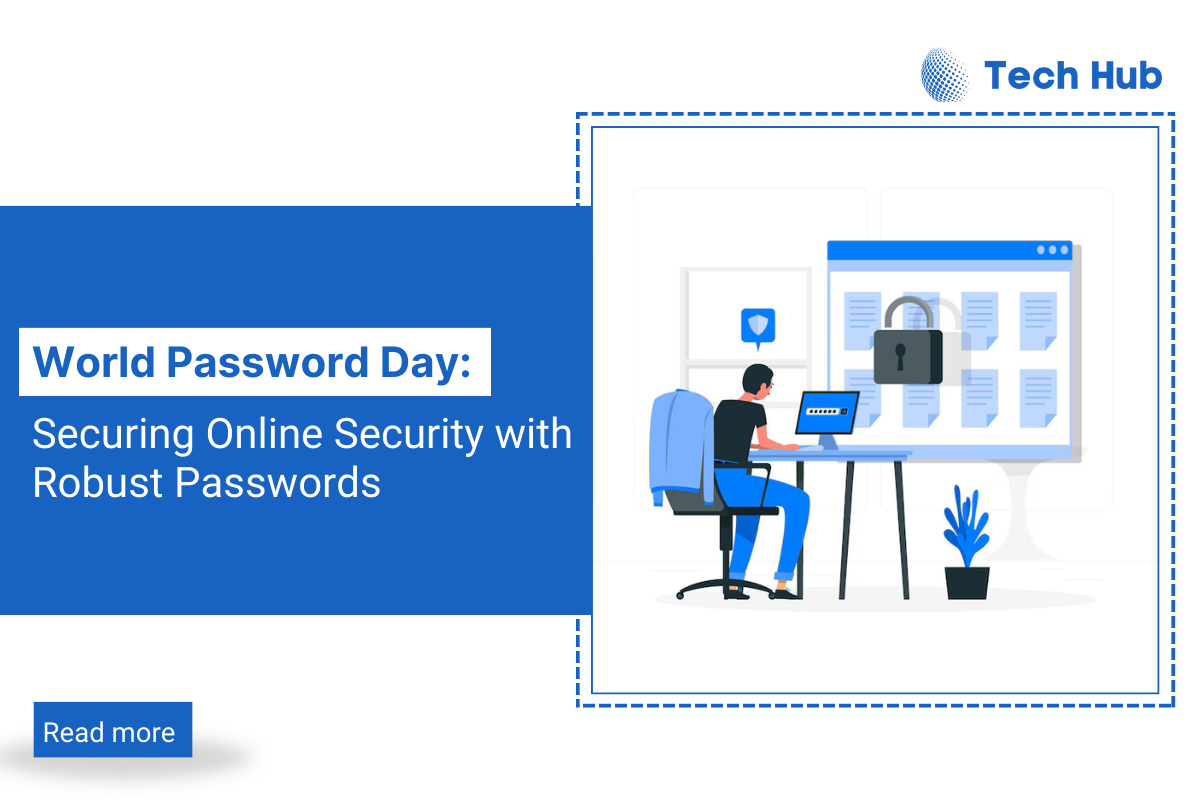In the modern world of digital reality where security of personal info always depends on the strength of passwords, it is vital to emphasize password protection. On May 2nd, 2024, on World Password Day, cybersecurity experts and organizations throughout the world urge people and businesses to once again reflect on their password procedures and to adopt tighter measures to defend their online accounts and personal information.

The annual theme for this year’s World Password Day is “Create Strong Passwords, Stay Safe Online,” a relevant guidance in the wake of growing cyberthreats in cyberspace. Although the dangers of cybersecurity are known to most of us, weak passwords that are easily guessed continue to be a greatest opportunity, which allows for unauthorized access of individual and company’s data and can, at the end of the day, result in financial loss.
To prevent this increasingly popular challenge from having its way, proponents list several ways of making strong and unique passwords. First and foremost, a powerful password should be at least 12 characters long and include integrating a combo of uppercase and lowercase letters, numbers, and symbols. Furthermore, such sensitive data as birthdays, names, and addresses should not be used because hackers can very simply make a guess or use social engineering techniques to guess those numbers.
Another good strategy that cybersecurity experts are encouraging is the use of passphrases, which are run of the mill words in incomprehensible mixture that can be memorized by the user but cannot be guess readily by others For instance, an abstract phrase like “BlueBananaWindowSpoon” instead of a trivial passphrase that is weak and insecure can be used to build a more secure password.
Additionally, experts strongly favor the application of the password manager – secure digital boxes that can give you, save, and show complex passwords for many accounts. These are scalable technologies which not only decrease memorizing loads but also reduce the possibility of using not strong and repetitive passwords on different platforms.
For good measure, in addition to using strong passwords, MFA (multi-factor authentication) will also guard against hacker infiltration and thus minimize the chances of unauthorized account access. MFA uses two or more verification components, such as a password and a code sent to users’ mobile devices, before login is completed.
On the World Password Day, every organization and individuals are reminded to put more effort and ensure a very stringent use of their passwords and take cyber security as a top priority. Periodic password updates, utilization of sophisticated security tools, and constant awareness about the significance of password safety forms the foundation for effective protection of the identity and the ongoing fight against the horizon of the latest risk landscape.
“World Password Day serves as a reminder that cybersecurity is a shared responsibility,” emphasizes Jane Doe, CEO of a leading cybersecurity firm. “By embracing strong password habits and adopting multi-factor authentication, we can collectively enhance our online security and make it significantly more challenging for cybercriminals to gain unauthorized access to our sensitive information.”
In the digital generation, when most of our activities revolve around online platforms and services, the supremacy of a solid password cannot be underestimated. The World Password Day of 2024 presents us with a chance to bolster our online security by creating robust, unique passwords and by using multi-factor authentication – a tiny step that magnifies our overall digital security and protects our most important assets.
